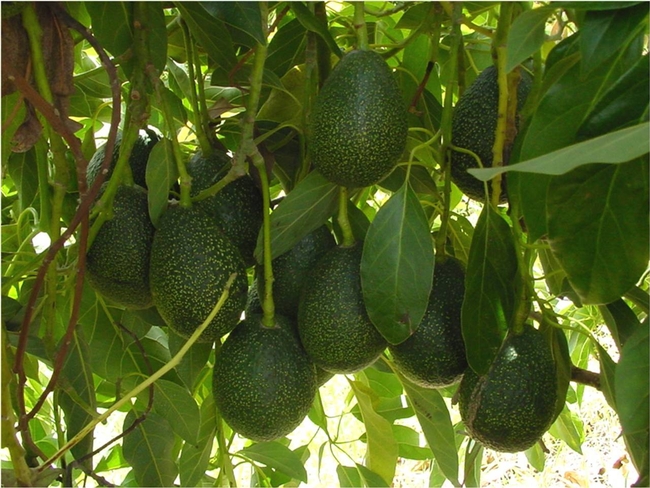Posts Tagged: Mary Lu Arpaia
Balkans farmers show keen interest in postharvest science
UC subtropical horticulture specialist Mary Lu Arpaia, who is based at the Kearney Agricultural Research and Extension Center, was one of four UC specialists who traveled to Sarajevo Oct. 24-28 at the request of local officials to present a condensed version of the UC Postharvest Technology Short Course. Nearly 100 participants from 11 countries attended the program, which included lectures and a field tour. Simultaneous translation was offered in Bosnian and Russian.
“To me it was a very interesting experience,” Arpaia said. “The participants were very engaged in the course and asked lots of questions that were spot-on in terms of sharing practical information. They were very keen to get information on the ‘how to’ and solving practical situations."
Mary Reed of the UC Postharvest Technology Center said interest in the short course was remarkable given that the first estimate from planners was for 25 participants.
“Interest just kept growing and growing as word got around,” Reed said. “Given the challenges of traveling in the region, acquiring visas, and obtaining agency permissions, the participants really had to overcome significant obstacles in order to attend.”
Arpaia said the four-days she spent with Eastern European farmers in an area that suffered bitter ethnic conflicts in the 1990s also made a profound personal impression.
“I had been aware of the war in the Balkans but never fully appreciated the impact of that war on people’s lives,” she said. “You can still see the physical scars of the war – mortar shell scars on buildings, burned and abandoned buildings – and, more dramatically, hear the angst of the people when they talked about those times. It is another example to reflect upon in terms of how lucky we are in the U.S. and that we need to forever be vigilant not to allow animosities to fester due to ethnicity, religion etc.”

UC Davis Postharvest Technology Center instructors to the Balkans Regional Postharvest Technology training: (L-R) Drs. Michael Reid, Elizabeth Mitcham, Mary Lu Arpaia, Marita Cantwell.
There's a new avocado in town

The GEM avocado is the great-granddaughter of Hass avocado, which is currently the industry standard in California. GEM has all the excellent characteristics of Hass avocados - creamy, nutty flesh; dark, pebbly skin when ripe - and it has additional benefits for the grower, according to Mary Lu Arpaia, a UC Cooperative Extension subtropical horticulturist based at the UC Kearney Agricultural Research and Extension Center in Parlier, Calif.
"Hass avocados are alternate bearing - they will produce a big crop one year, and a small crop the next. GEM is more consistent, so growers can make money every year," Arpaia said. "The trees are also more compact, which means growers have less costs for harvesting and tree maintenance."
GEM was part of an extensive avocado variety breeding program led since the 1950s by UC Riverside plant breeder Bob Bergh. Arpaia took over the program in 1996.
In the early 1980s, Bergh released a variety he called the Gwen. However, Gwen didn't turn black when it ripened, a disadvantage because consumers are accustomed to Hass. In the mid 80s, Bergh planted more than 60,000 avocado variety seedlings on farms across Southern California. GEM, a granddaughter of Gwen, was one.
There are GEM trees growing at the UC South Coast Research and Extension Center in Irvine. Fruit samples are sent to the Kearney Sensory Laboratory, where volunteers judge the fruit's outward appearance and compare the flavor with Hass.
Recently, UC Riverside signed an exclusive license agreement with Westfalia Fruit Estates, a South African company, to market GEM around the world, the university announced. In the United States, the California–based Brokaw Nursery has non-exclusive rights to the GEM avocado.
For information on GEM avocado sensory testing, see the one-minute video below.
Read a transcript of the video.
GEM2